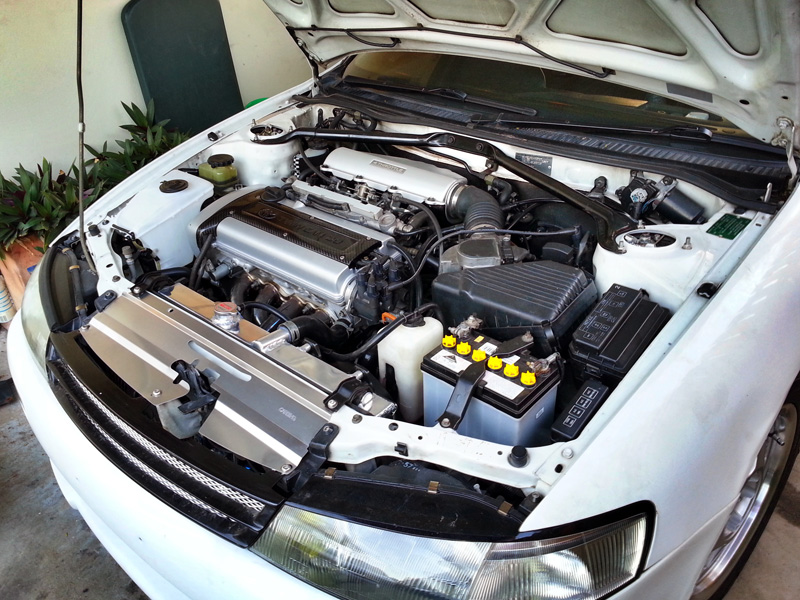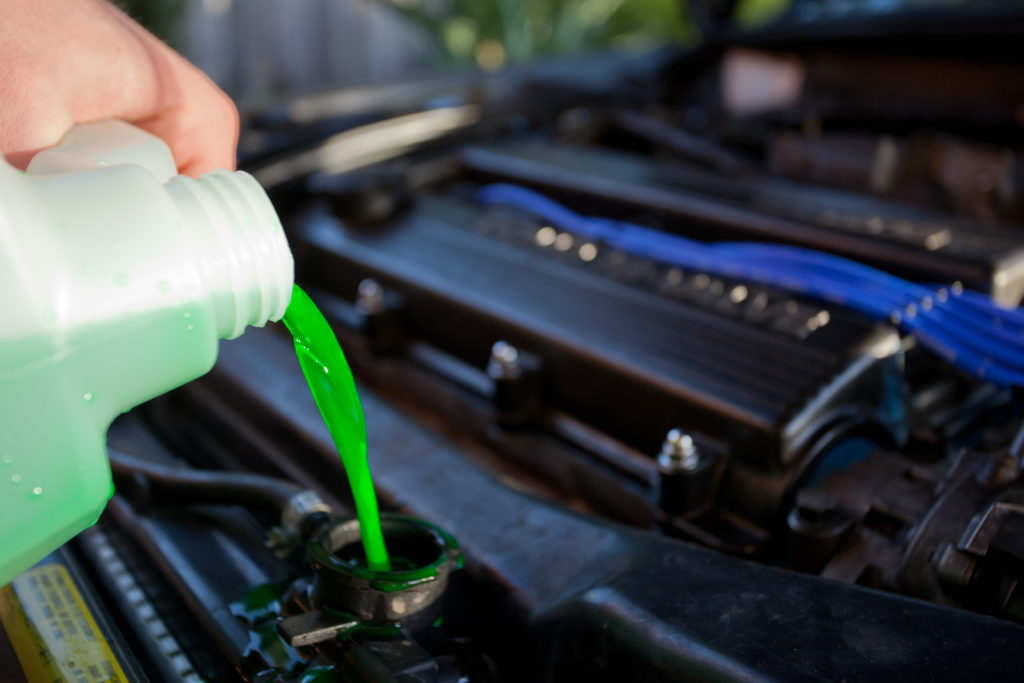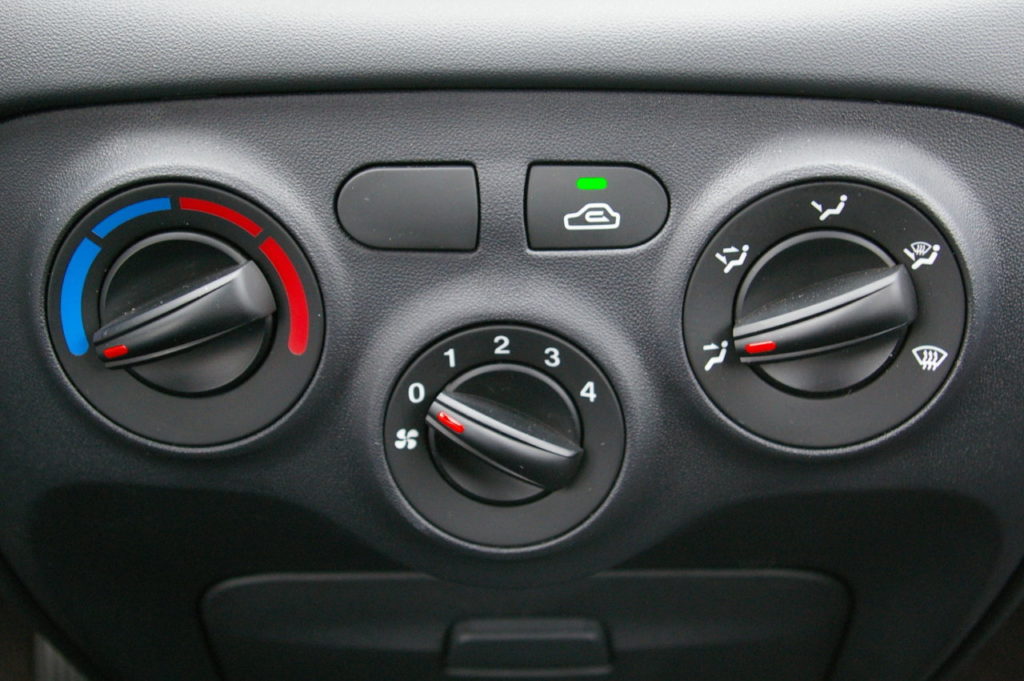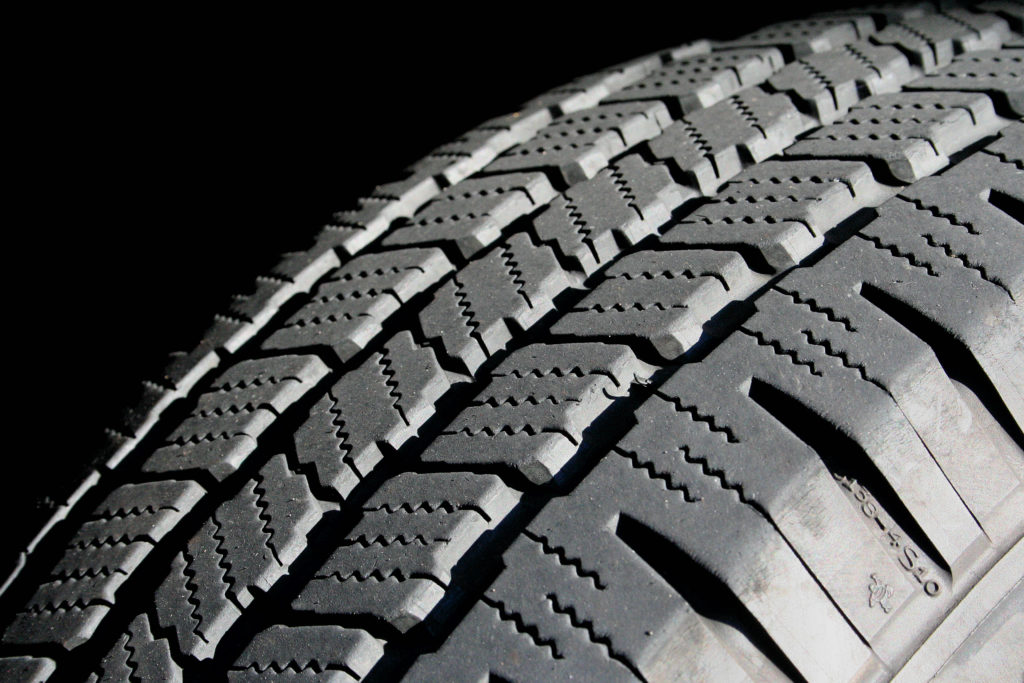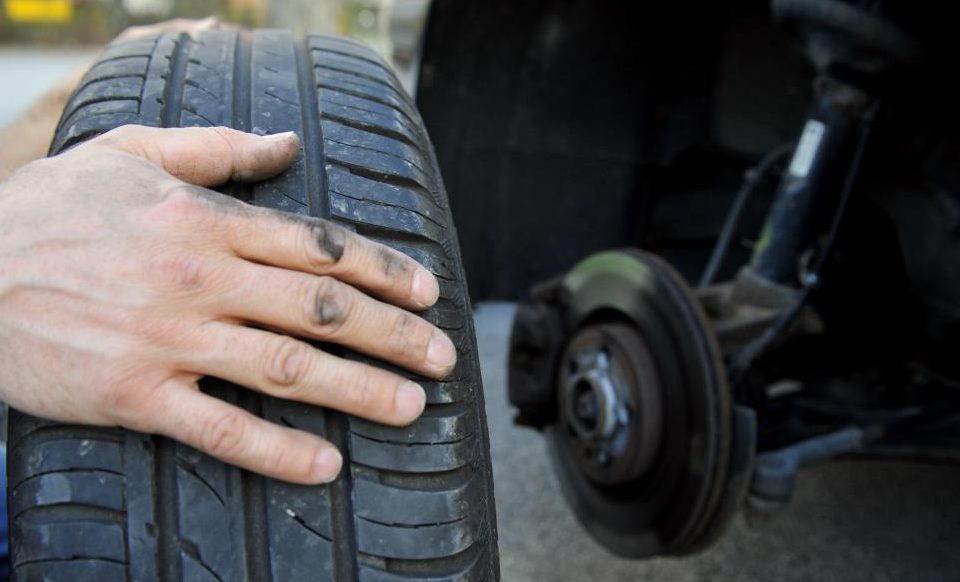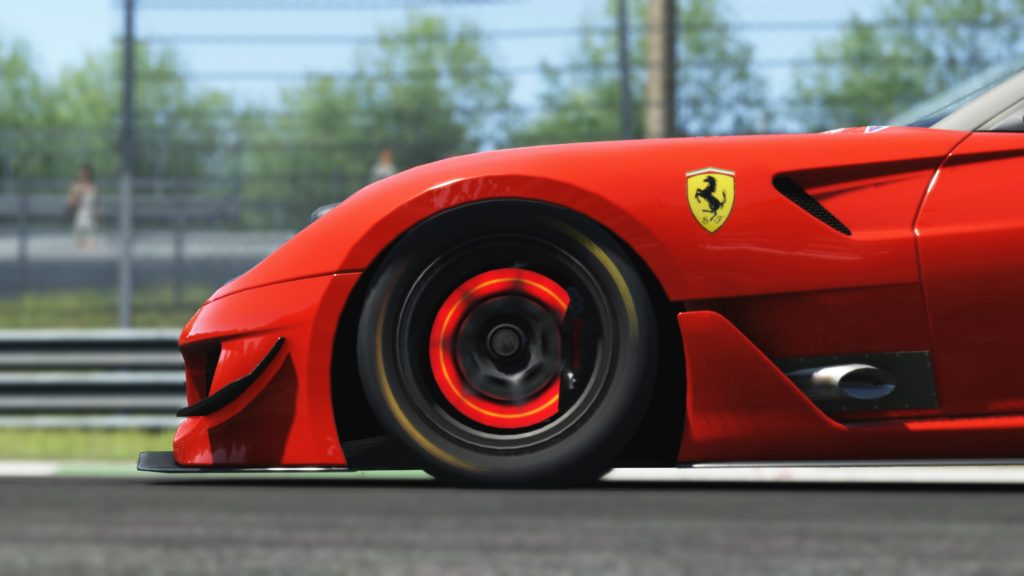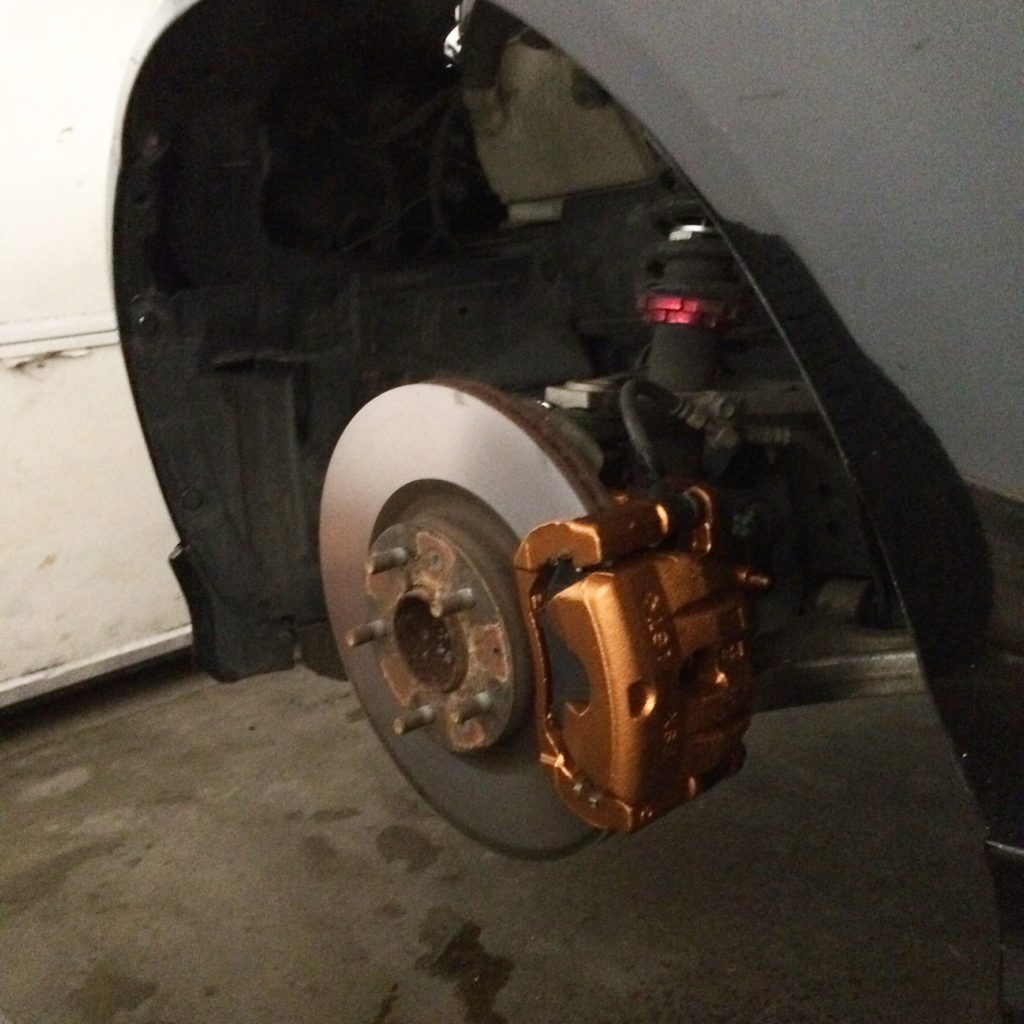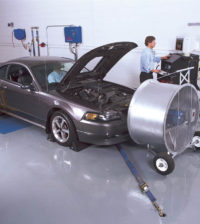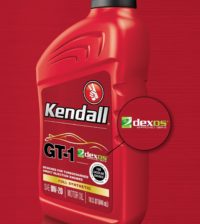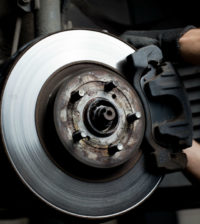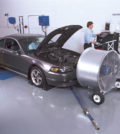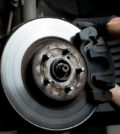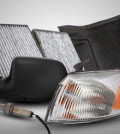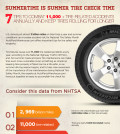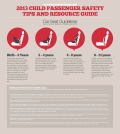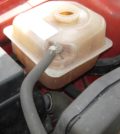- Summertime is Summer Tire Check Time: 7 Tips To Combat 11,000+ Tire-Related Accidents Annually — and Keep Tires Rolling for Longer
- 10 DIY Tips to Add Years to a Vehicle’s Life & Minimize Expensive Repairs
- Defensive Driving Tips to Avoid Costly Repairs As Wintery Driving Conditions Continue to Plague Roads
- AutoPartsWarehouse.com 2013 Child Passenger Safety Tips and Resource Guide
- Top Five Parts to Make Your Vehicle More Fuel Efficient
How to Prep Your Car for Summer
Source: Imgur
With summer less than a month away, many of us are longing for warmer weather and a chance to get some sun and surf. And while this means spending more time at the gym getting that #beachbody, now is also a good time to ready your car for summer. Higher temperatures brought over by the summer months coupled with increased dust in the air and the inevitable increase of stop-and-go traffic can put a significant toll on your vehicle. Add the effects of last winter and the increased humidity of spring, and your car may be vulnerable to a breakdown once the days start to heat up.
While there’s certainly no stopping summer from arriving, you can help your car prepare for it. Here are some tips you can use to help prep your can for a safe, optimum, and most importantly, enjoyable summer driving experience.
Source: Imgur
Cooling system
Overheating is the most common problem encountered by car owners during summer. Normally, the cooling system should keep your car operating around 200 degrees Fahrenheit, but higher temperatures can cause the coolant to reach sweltering temperatures of up to 250 degrees, increasing the chances of overheating. This is why once summer arrives, checking coolant levels as well as the condition of the cooling components.
Source: Wikipedia
Ideally, the car’s cooling system should be flushed and refilled once 24 months. So if your car’s already near that mark, now’s a good time to have the coolant changed. Take note of the coolant levels and its consistency as well; if the coolant is well below recommended levels or has a cloudy appearance, flush the system and replenish it with a new batch of coolant as soon as possible. We also recommend cleaning the radiator as it may have accumulated leaves, dirt, and other debris during the winter and spring seasons.
Source: TouchAuto.net
Air conditioning
The A/C is another part of your car that often malfunctions during the summer months. Run the A/C at least once every time you drive your vehicle and check if it still blows cold air. Also, pay attention to any strange noises or odors whenever the A/C is running. If your car has a cabin filter installed, have it checked as well as cleaned as necessary. If the A/C blows hot air or you suspect problems in the system, don’t hesitate to have it undergo a thorough inspection by a professional.
Source: Wikipedia
If you still haven’t switched out your car’s winter tires, now is a good time to do so. You will get more speed, better handling, and improved fuel efficiency by using summer tires. Compared to winter tires, summer tires have a shorter sidewall and a less aggressive tread that’s ideal for hot and dry road conditions. All-weather tires are also a good (and cheaper) alternative to specialized summer tires although they do not provide the same degree of benefits as the latter.
Source: Wisegeek
In addition, take the time to have the tires rotated and check the tire pressure and tread patterns. Do the same for the spare tire and make sure the jack is in good condition as well.
Source: Imgur
Brakes
Hot weather conditions can also raise the operating temperature of the brakes, causing the brake pads and shoes to wear out faster than normal. In addition, summer also brings intermittent thunderstorms that could cause the brakes to become less responsive.
Source: Imgur
While there aren’t exactly brake components that are specially designed for hot weather, regular maintenance and cleaning is more than enough to keep the brakes functioning at an optimum level despite the hotter temperatures. Any strange noises or incidents such as pulsating brake pedals and longer stopping distances must also be cause for prompt inspection and correction.
Source: Groupon
Oil change
Many people are often surprised to discover that engine oil also helps draw heat away from the engine. And once the oil starts to thin as time passes, it also loses its ability to absorb and dissipate heat.
Always make sure to change the engine oil as specified in the manual. Also, depending on your vehicle, you will also need to dispose of or clean the oil filter every time the engine gets an oil change. Also, if your regular driving habits falls inside the “severe service” category, you will need to check the oil twice as often than normal.


